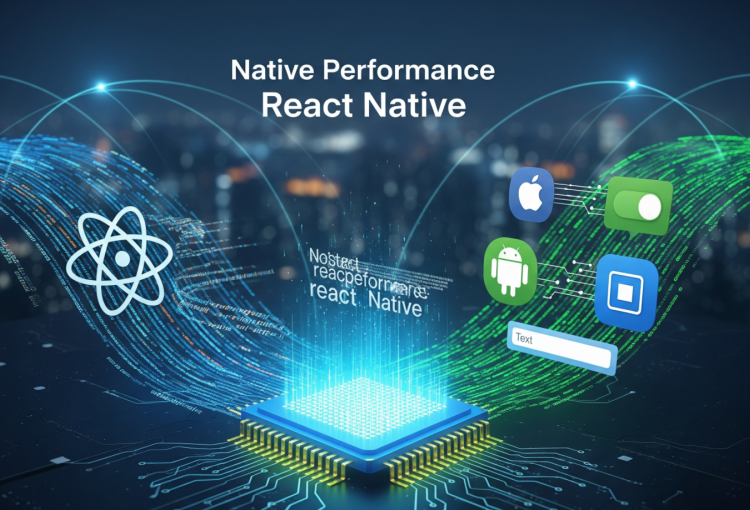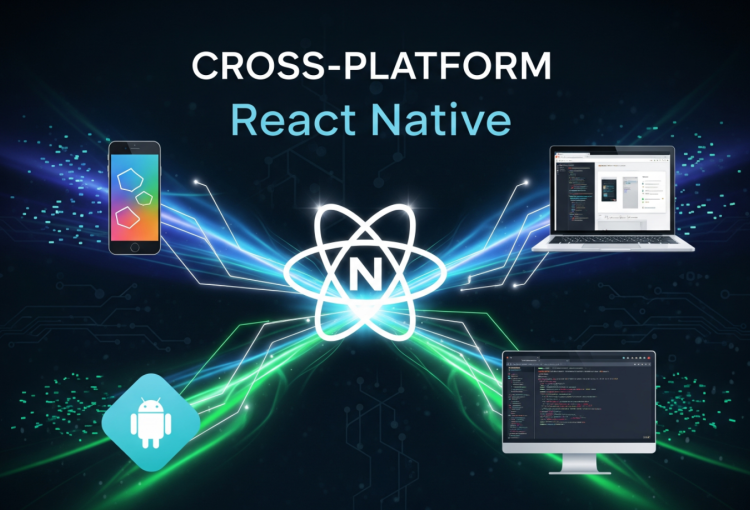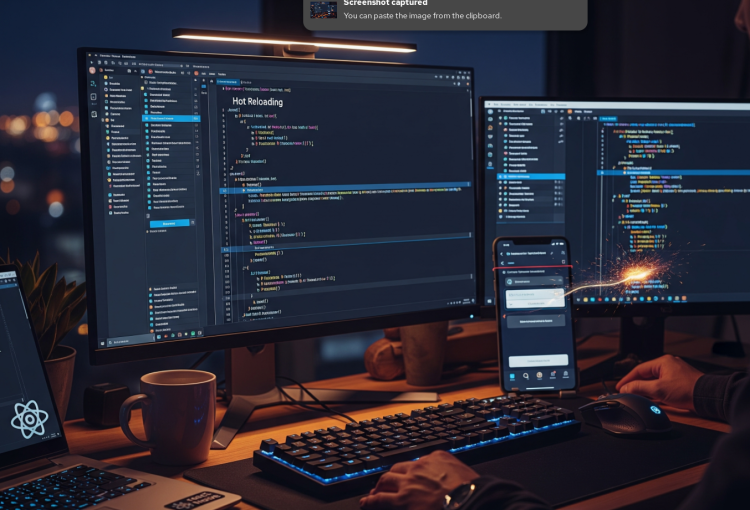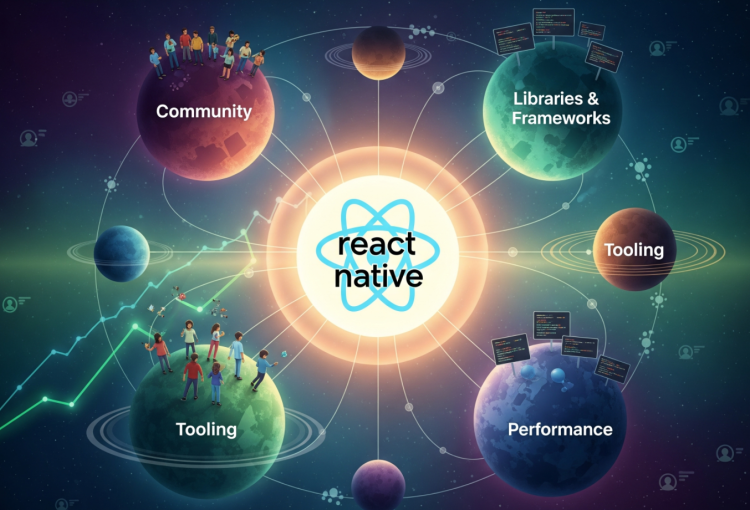Cross-platform apps with a smooth native feel.
Engage Users Instantly with AI-Powered Chatbots
AI-powered chatbots deliver instant, intelligent conversations across platforms. By combining Natural Language Processing with real-time learning, they handle customer inquiries, automate support, and personalize interactions 24/7. Scalable, multilingual, and always available—chatbots transform user engagement and streamline communication with efficiency and precision.
Natural Language Processing: Understand and Generate Human Language at Scale
Natural Language Processing (NLP) gives machines the ability to understand, interpret, and generate human language. It’s what powers voice assistants, real-time translation, smart search, and more. By bringing language intelligence into digital systems, NLP enhances user experience, automates communication, and enables businesses to understand customer intent like never before.
Deliver smooth, native-like behavior with high app responsiveness.

Use a shared codebase to build iOS and Android apps.

Instantly view code changes on devices during development.

Benefit from extensive libraries and active developer support.

How React Native Delivers Smooth, Native User Experiences Through Optimized UI Updates
React Native creates fluid and responsive mobile apps by seamlessly integrating native components with an efficient JavaScript bridge. It intelligently updates only the UI elements affected by state changes, minimizing processing overhead and maximizing performance. This results in fast, natural-feeling interactions across both iOS and Android devices—even in complex, high-demand applications—ensuring users enjoy an instant and seamless experience every time.
What is React Native?
React Native is an open-source framework by Meta for building mobile apps using JavaScript and React. It allows developers to create native apps for iOS and Android using a single codebase.
Can React Native create truly native apps?
Yes, React Native uses native components and APIs, delivering a real native look and feel while maintaining high performance across platforms.
How does React Native compare to Flutter?
React Native uses JavaScript and native components, while Flutter uses Dart and custom rendering. Both offer cross-platform development, but React Native integrates more closely with native platforms.
Is React Native good for complex apps?
Yes, React Native supports building complex apps with advanced navigation, state management, native modules, and performance optimizations.
How do you debug React Native apps?
You can debug using tools like React Developer Tools, Chrome DevTools, Flipper, or by using logging and error reporting services like Sentry.
What languages are used in React Native?
Primarily JavaScript (or TypeScript), but native modules may use Swift, Objective-C, Java, or Kotlin when platform-specific code is needed.
Can React Native access native device features?
Yes, React Native can access device features like the camera, GPS, sensors, and storage through built-in APIs or native modules.
What is Lorem Ipsum
Lorem Ipsum is simply dummy text of the printing and typesetting industry. Lorem Ipsum has been the industry's standard dummy text ever since the 1500s, when an unknown printer took a galley of type and scrambled it to make a type specimen book. It has survived not only five centuries, but also the leap into electronic typesetting, remaining essentially unchanged. It was popularised in the 1960s with the release of Letraset sheets containing Lorem Ipsum passages, and more recently with desktop publishing software like Aldus PageMaker including versions of Lorem Ipsum.

